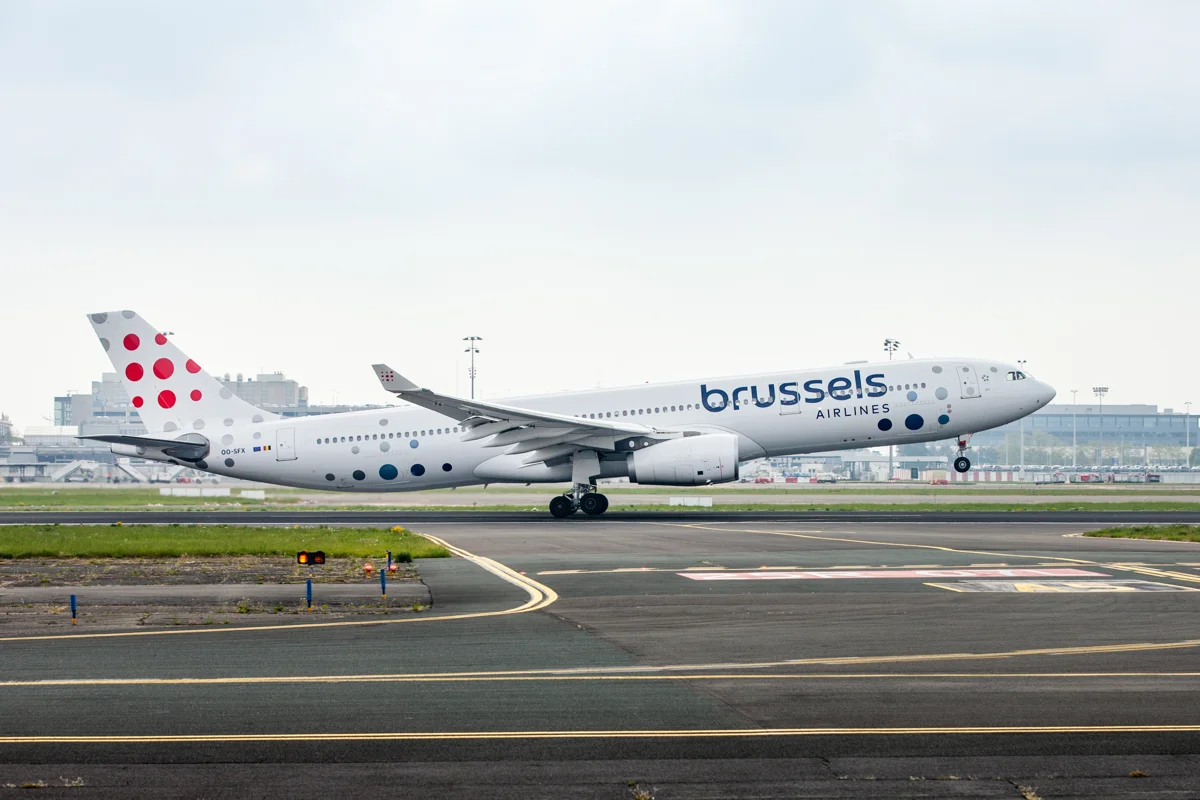
Brussels Airlines hopes to fly out of the red this year

Brussels Airlines aims to break even this year after more than halving its operating losses last year /Brussels Airlines
Brussels Airlines carried over 6,8 million passengers last year, almost double the 2021 figure. That also led to a doubling of revenue, to 1


Comments
Ready to join the conversation?
You must be an active subscriber to leave a comment.
Subscribe Today